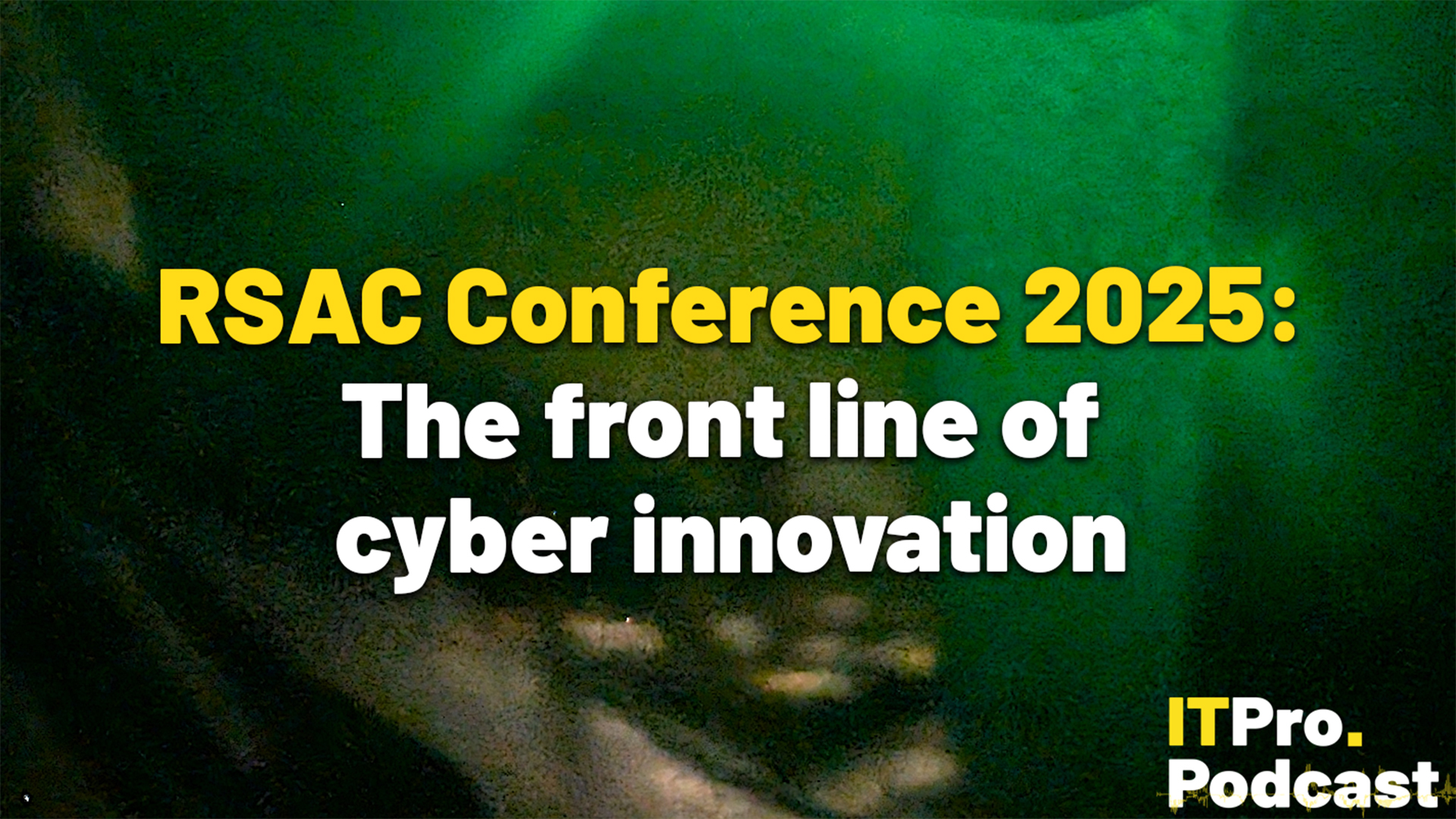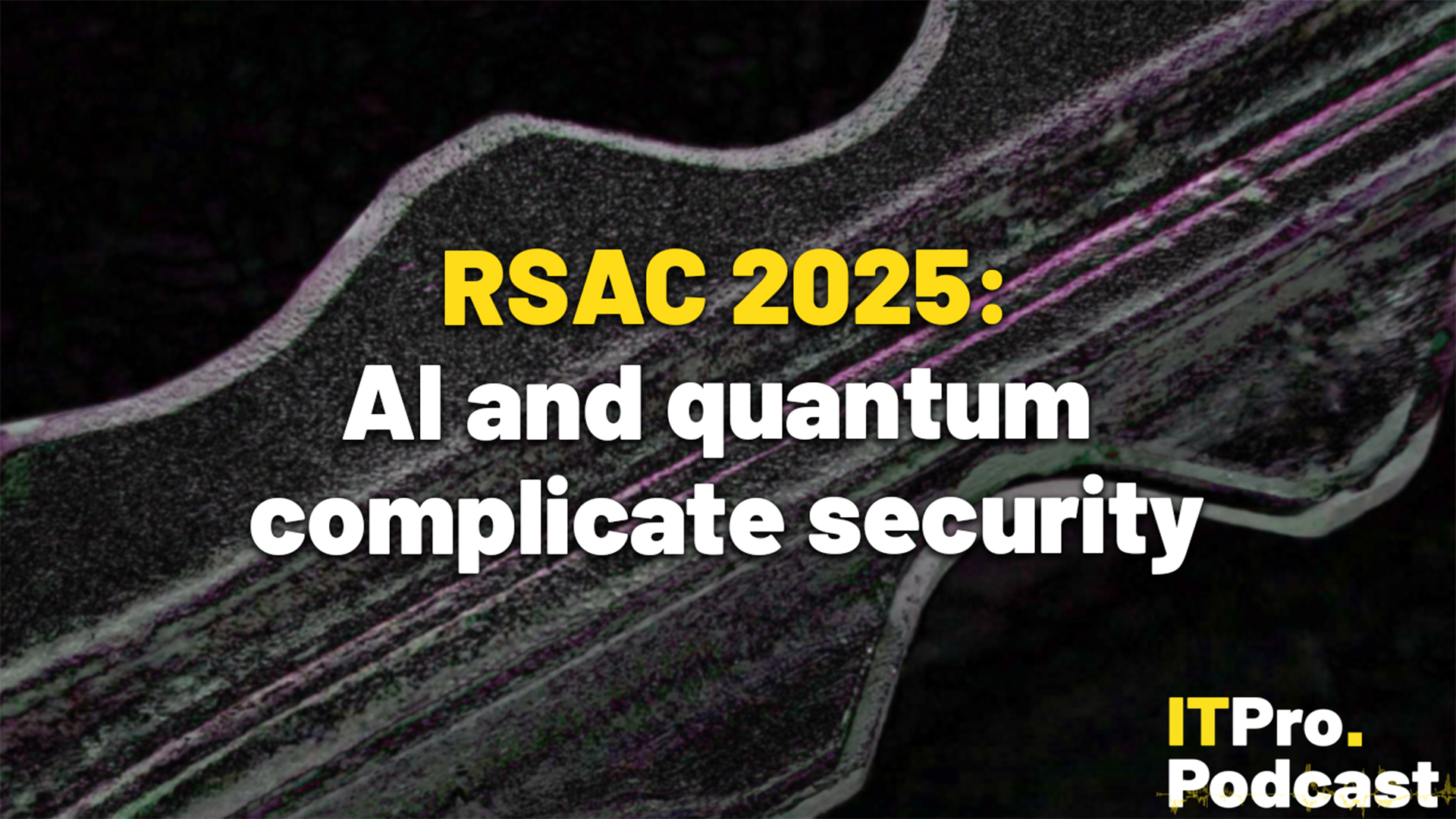RSA Europe: Emerging markets' IT talent turning to cybercrime
Microsoft and Fujitsu security leaders both announce the big threat of the economic downturn turning future IT graduates into criminals.

Trained IT talent from emerging markets may turn to or be forced into crime because of the economic downturn, experts at RSA Europe 2008 have warned.
Microsoft's chief strategist Ed Gibson and Fujitsu's head of information security Iain Andrews both said that many people trained in IT from countries in the emerging markets would either be led into cybercrime from lack of jobs, or because they were trapped into it by unscrupulous underground criminal gangs.
Andrews said that did not believe that growth could be sustained in the emerging markets under the current economic conditions, and that there would also be a decrease in the amount of highly trained IT staff graduates employed due to offshoring from Western countries. This means that they more likely to be active in criminal activity.
Andrews said of the prospects of future IT graduates: "The likelihood of criminal activity for both organised and disorganised crime is becoming more of a threat than it did before."
Ed Gibson was more forthright about emerging countries which sometimes suffered from endemic corruption, but had young people who were trying to make a better life for them and were highly trained in technology.
He said of the young people: "They can't find work and are worried about finding groceries to live tomorrow. Sometimes they find themselves in situations where they've been asked to work for somebody and didn't know it was organised crime.
"They try to get out, but they are not going to. Their family could be harmed," he added.
Sign up today and you will receive a free copy of our Future Focus 2025 report - the leading guidance on AI, cybersecurity and other IT challenges as per 700+ senior executives
Gibson indicated that this was challenge law enforcement, businesses and vendors had now with serious organised crime.
For more coverage and photos from the RSA show, click here.
-
 Microsoft unveils Maia 200 accelerator, claiming better performance per dollar than Amazon and Google
Microsoft unveils Maia 200 accelerator, claiming better performance per dollar than Amazon and GoogleNews The launch of Microsoft’s second-generation silicon solidifies its mission to scale AI workloads and directly control more of its infrastructure
-
 Infosys expands Swiss footprint with new Zurich office
Infosys expands Swiss footprint with new Zurich officeNews The firm has relocated its Swiss headquarters to support partners delivering AI-led digital transformation
-
 RSAC in focus: Key takeaways for CISOs
RSAC in focus: Key takeaways for CISOsThe RSAC Conference 2025 spotlighted pivotal advancements in agentic AI, identity security, and collaborative defense strategies, shaping the evolving mandate for CISOs.
-
 RSAC in focus: Quantum computing and security
RSAC in focus: Quantum computing and securityExperts at RSAC 2025 emphasize the need for urgent action to secure data against future cryptographic risks posed by quantum computing
-
 RSAC in focus: How AI is improving cybersecurity
RSAC in focus: How AI is improving cybersecurityAI is revolutionizing cybersecurity by enhancing threat detection, automating defenses, and letting IT professionals tackle evolving digital challenges.
-
 RSAC in focus: Collaboration in cybersecurity
RSAC in focus: Collaboration in cybersecurityExperts at RSA Conference 2025 emphasised that collaboration across sectors and shared intelligence are pivotal to addressing the evolving challenges of cybersecurity.
-
 RSAC in focus: Considerations and possibilities for the remainder of 2025
RSAC in focus: Considerations and possibilities for the remainder of 2025As 2025 unfolds, RSAC explores the pivotal considerations and emerging possibilities shaping the cybersecurity landscape
-
 RSAC Conference 2025: The front line of cyber innovation
RSAC Conference 2025: The front line of cyber innovationITPro Podcast Ransomware, quantum computing, and an unsurprising focus on AI were highlights of this year's event
-
 RSAC Conference 2025: AI and quantum complicate security
RSAC Conference 2025: AI and quantum complicate securityOrganizations are grappling with the complications of adopting AI for security
-
 RSAC Conference 2025 was a sobering reminder of the challenges facing cybersecurity professionals
RSAC Conference 2025 was a sobering reminder of the challenges facing cybersecurity professionalsAnalysis Despite widespread optimism on how AI can help those in cybersecurity, it’s clear that the threat landscape is more complex than ever